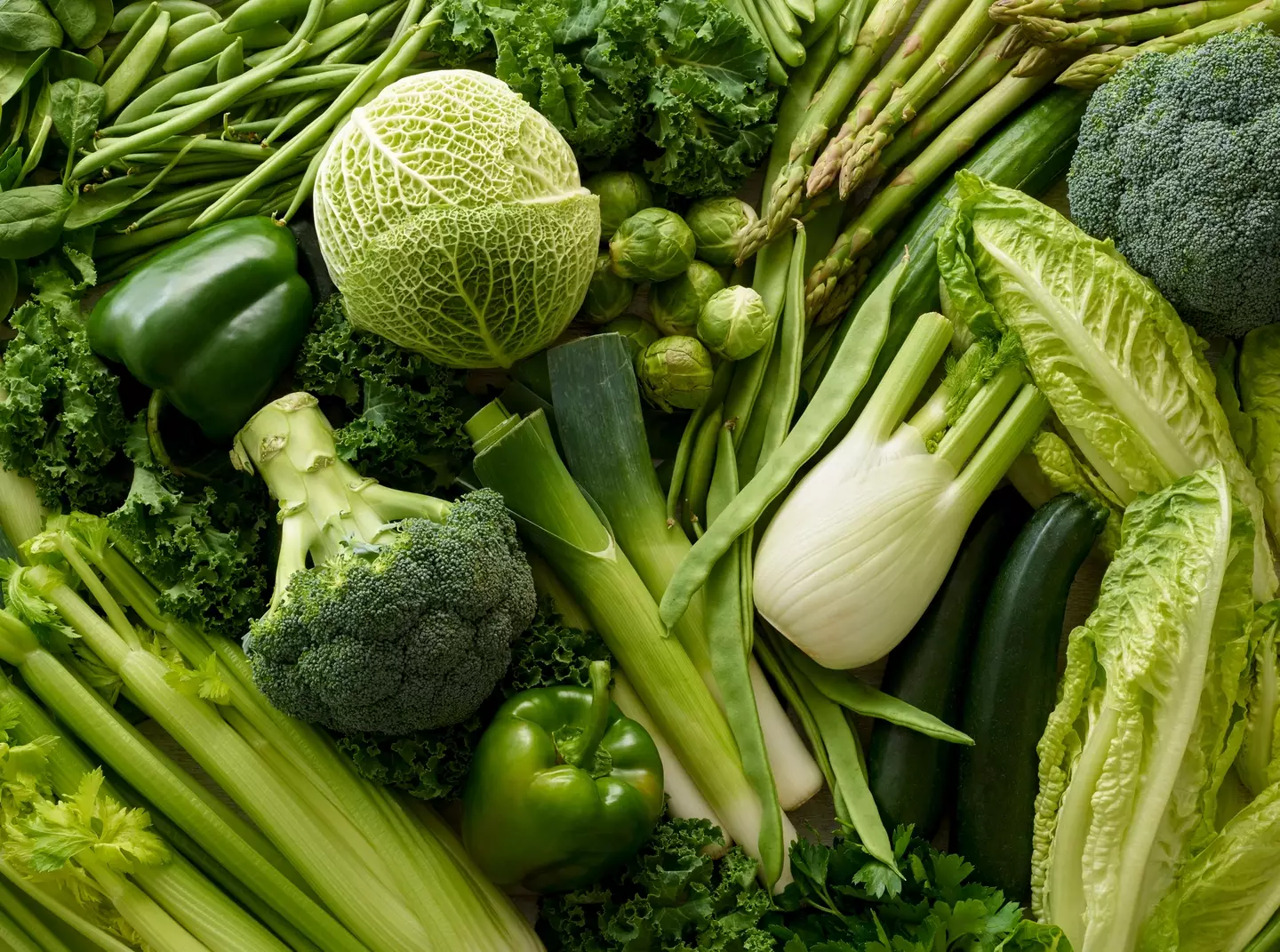
Dementia is one of the most frightening diseases out there.
Over time, it damages a person’s brain to the extent that they lose huge portions of their memory, can’t recognise loved ones, become easily confused by their surroundings, and cannot look after themselves.
There are almost one million people with the condition in the UK, and that figure is projected to rise to 1.4 million by 2040.
Dr Tim Spector, whose mother has been afflicted by dementia, wrote in the Telegraph about her experience and the steps he is taking to reduce his risk of developing the condition.
Advert
Writing in an op-ed, he said that his 85-year-old mother can no longer recognise him, and that her illness has made him confront the possibility of developing it himself.

In the piece, he said there is mounting evidence that lifestyle factors play a significant role in the likelihood of developing dementia, but he also dismissed various ‘brain-strengthening’ activities that some claim will keep it at bay.
“It’s not about doing crossword puzzles and Sudoku, walking the dog and keeping your fingers crossed,” he said.
“Research over the last few years suggests that inflammation in the brain, which can silently persist at low levels for years, is a key driver of the memory-robbing condition, and that it can be a result of a poor diet that contains lots of ultra-processed, high-sugar and high-fat foods.
“We also know that certain foods can reduce inflammation and therefore keep our brains in a good condition for longer.”
With this in mind, he said that he now focuses on eating more nuts and seeds in order to benefit from their anti-inflammatory properties. He said that this also assists his gut bacteria in producing immune system-supporting and anti-inflammatory compounds.
He added that eating more fish – particularly the “SMASH” cohort of salmon, mackerel, anchovies, sardines, and herring – provides him with plenty of omega-3, which also supports brain function.

He tops this off with 30 different vegetables each week in order to support his microbiome and ensure he’s getting a broad and deep range of nutrients.
“When you have a rich variety of plants in your diet, they calm everything down in the brain. They’re also rich in minerals and nutrients that the brain needs,” he explained.”
“As you get older, it can seem difficult to incorporate new foods into your diet. But just like stretching your brain is important, stretching your gut microbes and learning to enjoy new foods is also key.”
Cutting back on sugar, ultra-processed foods, and alcohol has also become second-nature in his anti-dementia diet.
None of these recommendations will come as much of a surprise to anyone who’s tuned-in to healthy eating, but it’s a great reminder as to why making these healthy choices may benefit you in the long run.
Topics: Diet
